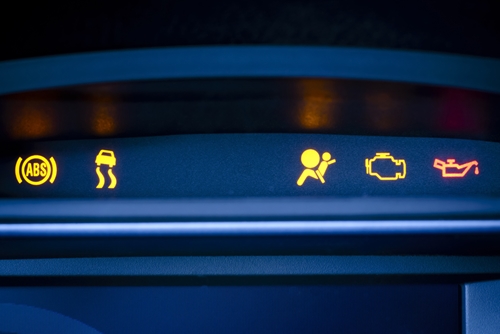Woodcliff Lake, N.J. – Nov. 6, 2017 – BMW of North America has recalled more than 740,000 vehicles potentially equipped with defective crankcases, according to documentation submitted to the National Highway Transportation Safety Administration. The campaign affects numerous models, including:
- 2008-2011 BMW 128I sedans.
- 2007-2011 BMW 328I sedans.
- 2007-2011 BMW 525I sedans.
- 2007-2011 BMW 528I sedans.
- 2007-2011 BMW 530I sedans.
- 2007-2011 BMW X3 sport utility vehicles.
- 2007-2011 BMW X5 sport utility vehicles.
- 2007-2011 BMW Z3 coupes.
The German automaker has yet to indicate what percentage of the vehicles referenced in the recall contain the defective parts.
The Defect
The models included in this action could contain defective crankcases with positive crankcase ventilation valve heaters that are prone to short-circuiting. These features pose a serious threat to occupants, as they increase the risk of fire. This could occur during operation or when the vehicle is stationary and switched off.
Timeline of Events
In early 2009, BMW received a field incident report referencing a 2007 X5 SUV that had sustained heat damage, according to an incident chronology document submitted to the NHTSA. The car company inspected the vehicle and reviewed the information in the report. These inquires failed to yield a root cause. As a result, BMW initiated a field monitoring program. In late 2009, the automaker received another incident report addressing a 2006 BMW 3 Series sedan with heat damage. BMW received additional reports in early 2010 and later determined that many vehicle owners dealing with heat damage had likely extinguished the resulting fires on their own. The organization launched a parts-return program to collect components from the damaged vehicles for testing.
Between 2011 and 2012, the car company performed internal tests on the returned parts using microscopy, ultrasound and X-ray technology. These analyses revealed that the PCV valve heaters in the affected models were prone to degradation. Those that fully broke down were cited as the root cause of the heat damage. Since no injuries or accidents had been reported, BMW chose to hold off on issuing a recall and instead decided to reinitiate field monitoring.
In 2016 and early 2017, BMW Canada revisited the PVC valve heater issue at the request of Transport Canada. Further analyses revealed that affected vehicles could “age out” of the condition. The testing also showed that the damage occurred between the second and eighth year of ownership. With this new information in hand, BMW met with the NHTSA in October 2017 and submitted a Part 579 report detailing ongoing field monitoring, as well as potential mitigation actions that may work in the U.S. market. The automaker then reviewed internal manufacturing and supplier records to determine the extent of the problem.
BMW decided to conduct a voluntary safety recall Oct. 25.
The Solution
BMW intends to direct dealers to replace PCV valve heaters in affected vehicles free of charge. The company plans to notify both dealers and owners Dec. 18. However, owners in need of more immediate assistance can contact BMW customer service at (800) 525-7417. They can also reach out to the NHTSA directly through its Vehicle Safety Hotline at (888) 327-4236.



